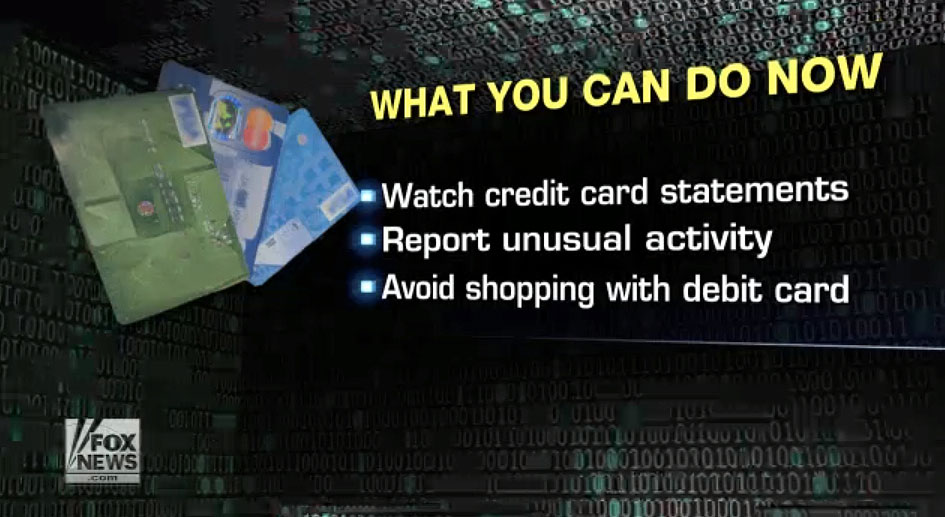Tips to protect yourself and your personal information from cyberattack.
“Backoff” is the cash register system attack that let’s hackers pilfer credit card numbers and personal data from point of sale systems and this malware attack is much more widespread that originally thought.
This is going to make the Target breach pale in comparison.
Seven cash register system companies have come forward naming some clients that have been infiltrated. Some include UPS stores and SuperValu that have admitted being attacked but there are many more. Secret Service estimates 1,000 American businesses are infected.
Over the last month, the US Secret Service along with security tech firms have developed a way to detect “Backoff”. Homeland Security issues Infection Assessment advisory.
Why this matters to you:
- Millions of Americans credit card data have been stolen and are now being sold abroad on the black market.
- Many are being stolen from American businesses you shop with that have no idea they are infected.
- Magnetic card readers are the weakest link in a stores payment system.
- Oct 2015 is deadline when all credit cards have to change to a chip-based design instead of magnetic strip. Then it will get safer, but not completely safe.
What you can do now:
1) Watch your credit card statements like a hawk
2) Report any unusual activity
3) You have consumer rights to protect you from unauthorized charges on credit cards
4) Avoid shopping with debit card or check cards which can drain a bank account in seconds
What can you do if you’ve done business with a store you hear is hacked:
1) Assume your personal data has been stolen
2) Change passwords connected with any financial, health or credit card data
3) Dream up clever passwords that are tougher for someone else to guess
Example: I am the one who cooked and cleaned to put you through college
New stronger Password: !at1wc&ctPYTC

